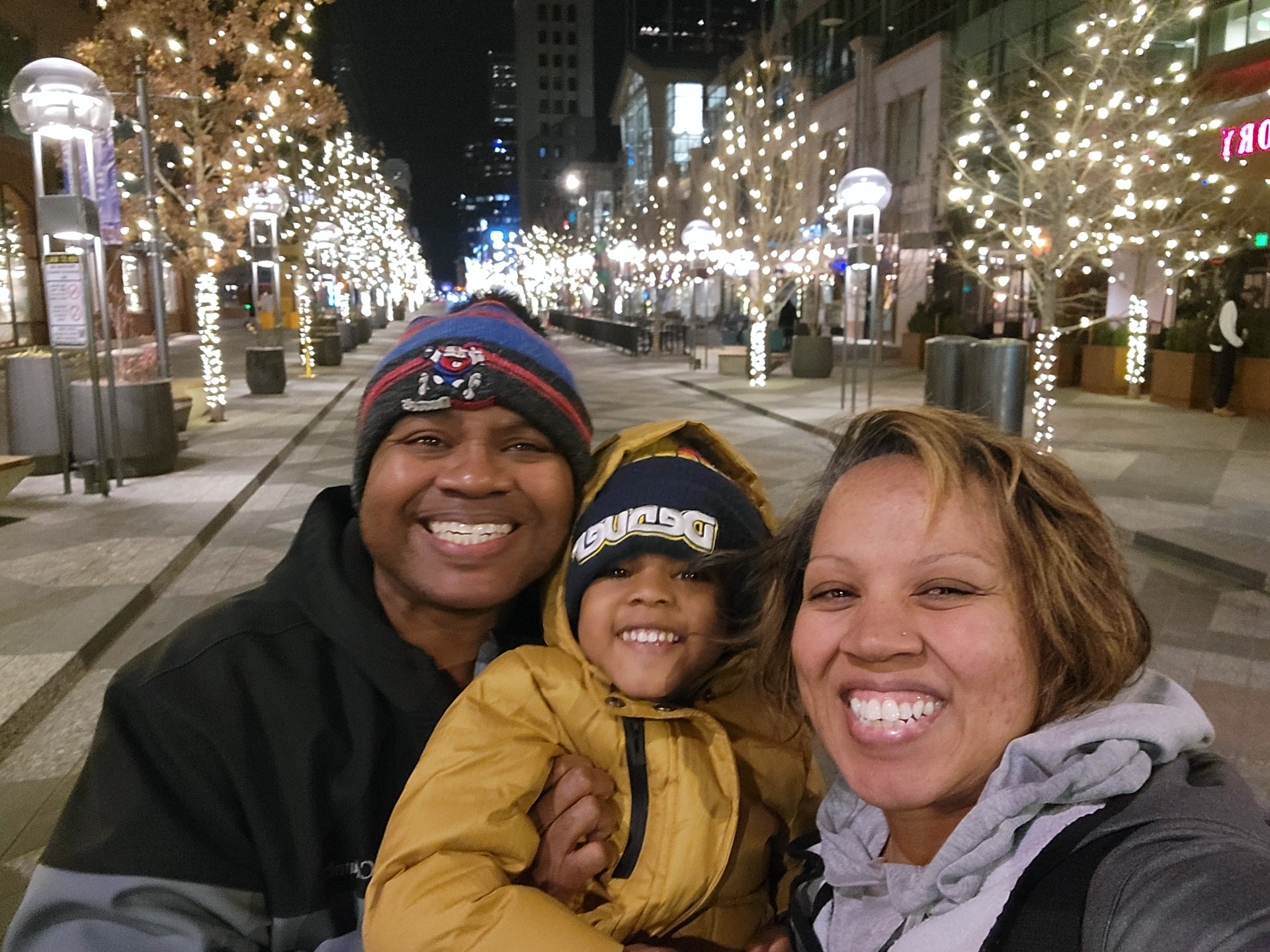A year ago on Good Friday, I admitted something out loud that I’d known for some time: my faith, at least as I knew it, was dead.
I made my admission to a trusted friend, telling her that if being a good Christian meant rigid exclusivity and self-righteous certainty, I no longer wanted to be a part of the faith. But I had also followed Jesus long enough at this point to know that he was the only thing I wanted, the only one I desired to follow. The words of Peter rang true for me: Who else would I go to, Lord? (John 6:68).
I was determined to find a new way to live out Jesus’ love, and I couldn’t find that new way without asking some big questions — the ones that had been weighing me down for years, the ones I thought I wasn’t allowed to ask. My friend validated the disillusionment I felt and shared this powerful truth with me: my faith would be false and weak if I wasn’t willing to ask my questions and wrestle honestly with the pieces that didn’t seem to fit.
As I sat in Good Friday service that night, the darkness created a feeling of secrecy. As I listened to the story I’d heard so many times before — Jesus arrested, Jesus beaten, Jesus crucified for my sin — tears began to trickle down my face.
God, why did the violence of crucifixion have to be part of your redemption plan? What is salvation and what is heaven? If you are the very embodiment of love, then why does Christianity feel so exclusive? And why do I see such vitriol and bigotry from some of the people who follow you? Lord, sometimes your Good News doesn’t feel like good news, and what am I supposed to do with that?
After pouring out these questions and many more to God, I asked a few of myself, too: What if I look for the answers and don’t like what I find? What if I’m left with nothing after this? And finally, What now?
I have to imagine that Mary had a lot of questions for God as she watched her son being beaten, nailed to a wooden cross, and finally stabbed to ensure he was really dead. At several points in Jesus’ life, we see Mary contemplating the mystery of God demonstrated in her son. Just after Jesus’ birth, when the shepherds were hooting and hollering and celebrating the Messiah’s arrival, we read that Mary treasured up all these things and pondered them in her heart (Luke 2:19). When Jesus was 12 years old, he went missing for three days during a trip to Jerusalem. Mary finally found him in the Temple among the religious leaders, listening and learning and asking questions, and again she treasured all these things in her heart (Luke 2:51).
I imagine that Mary’s pondering in those moments was marked by awe, wonder, hope: This child must really be the Son of God! What mighty things will the Lord accomplish through him? But what did she ponder as she watched him die? I wonder if this time her thoughts and questions were marked by anger, disbelief and grief: God said my son would be King forever, but now he’s been crucified as a common criminal. He is broken! Dead! Gone! Did Jesus do something wrong? Did I do something wrong? Did I misunderstand the promise? Was this whole thing just a sham? God, how could you let this happen?
In the face of death, it’s natural to ask questions and feel a deep longing for some sense of meaning amidst the grief. Good Friday — by all appearances a dead end — invites our bewildered questions. The question that I would guess rang through the minds of Mary and the disciples, the one that rang most true for me a year ago was, Where do I go from here?
On that first Good Friday, Mary and the disciples couldn’t have known that Sunday — the Resurrection — was coming. But somewhere deep in the human soul, there is an innate knowledge that death doesn’t have the final word, and I like to think Mary felt that tiny flicker of hope. It’s a key theme of fairy tales and epic fantasies, of Hollywood blockbusters and ad-libbed bedtime stories. And it’s the story God has been telling throughout history: Death is not the end. There is always another way.
It’s this heart-level belief that has guided me over the past year. I’ve been exploring my questions through listening to pastors, podcasts, scholars, trusted friends and the Bible itself; I’ve been honest with God and with myself; I’ve learned so much about Christian history and faith practices and various theories about nitty-gritty theological questions.
After a year of searching, the unsatisfying ending to my story is this: I still don’t have the answers to my questions. But these various voices have helped me to see that the life of faith is forged in the wrestling, in the searching, in the waiting. A butterfly has to beat its wings against the inside of the cocoon to gain the strength to fly; it has to struggle to free itself in order to experience true freedom. And so I keep beating my wings in the darkness, just as Mary and the disciples and so many believers before me have had to do.
Besides, if God’s story is true — if there really are no dead ends in faith, if resurrection is always right around the corner — then this is not the end of my story at all, but the middle, the perfect spot for God to open up a new pathway.
 Brittany L. Bergman is a writer and editor living in the suburbs of Chicago with her husband and her daughter. She is passionate about living simply, savoring motherhood and finding the sacred in the everyday, and you can find her writing about these pursuits at brittanylbergman.com.
Brittany L. Bergman is a writer and editor living in the suburbs of Chicago with her husband and her daughter. She is passionate about living simply, savoring motherhood and finding the sacred in the everyday, and you can find her writing about these pursuits at brittanylbergman.com.




